Virus Busters
CPTx aspires to cure viral diseases with DNA origami

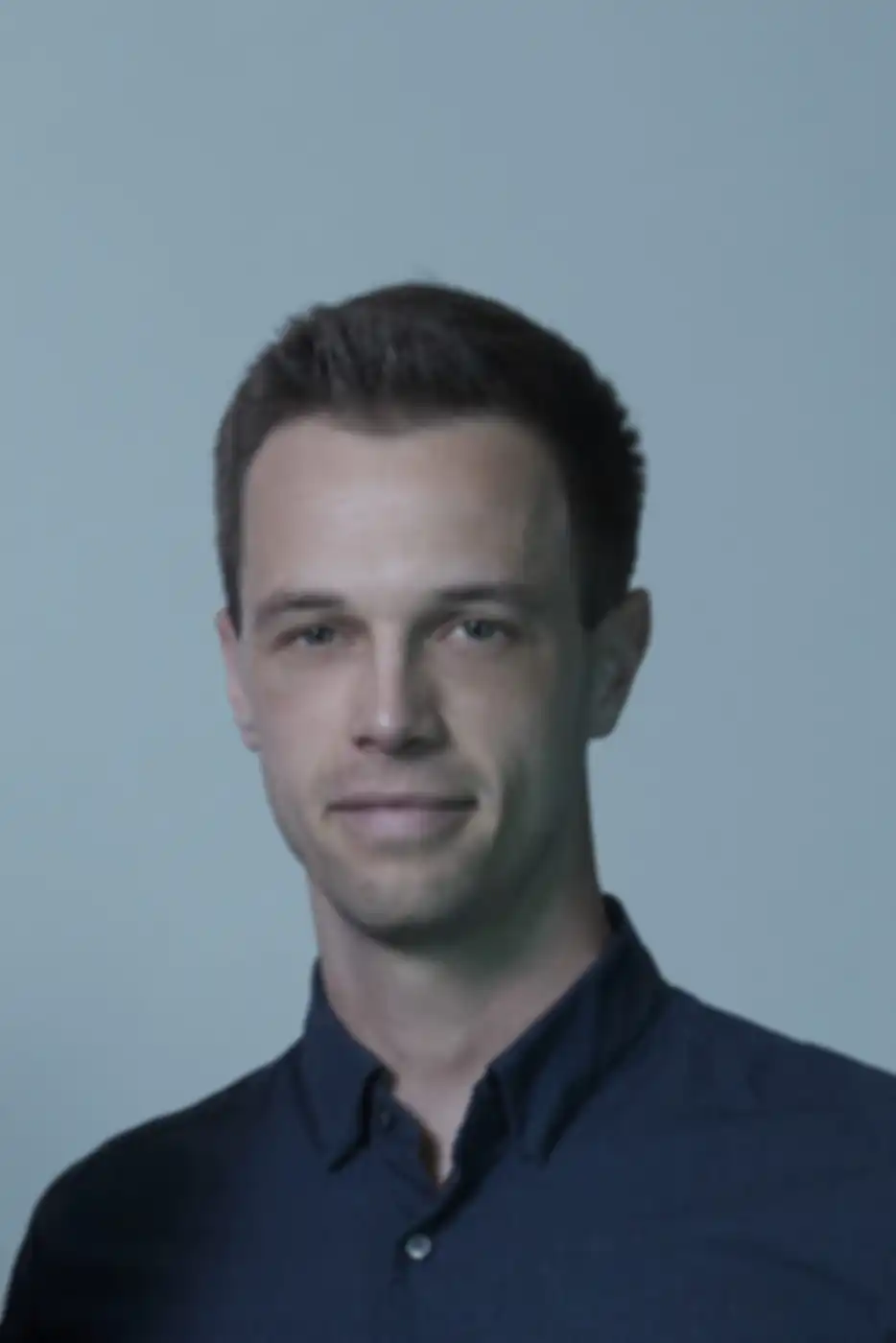
The discovery and increased use of antibiotics in the past century have taken the threat out of many bacterial diseases. If CPTx has its way, virus infections should also soon be less terrifying. Currently, there are treatment options for only a few viruses. And yet, viral infectious diseases pose enormous socioeconomic burdens on both individuals and society. Every year, hundreds of millions of people contract viral infections, and many of the resulting diseases are life-threatening.
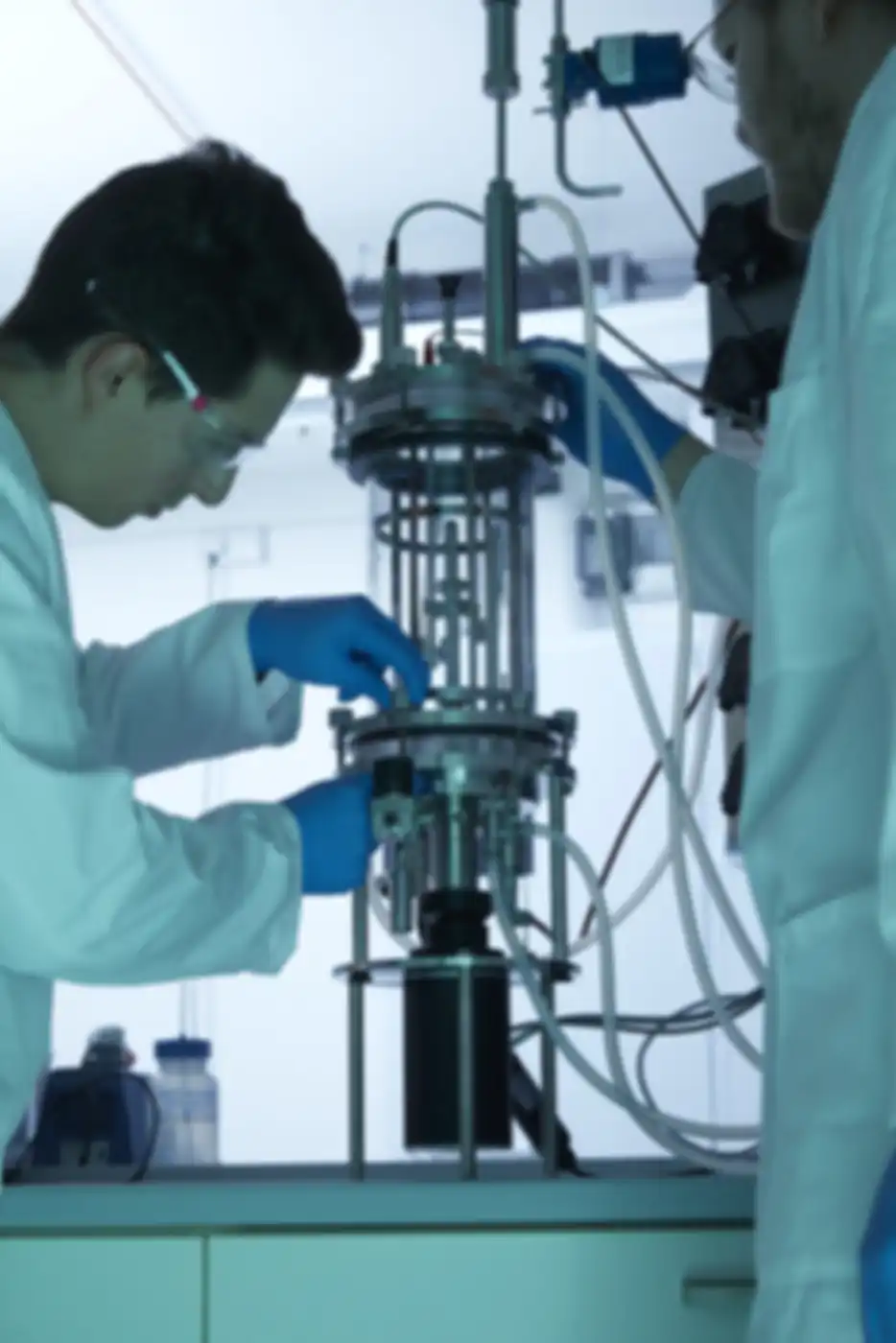
A current example of this is, of course, the corona pandemic, which has, in many ways, highlighted the need for antiviral therapies,
explains Prof. Dr. Hendrik Dietz, professor for Biomolecular Nanotechnology at the Technical University of Munich and CPTx founder. Viral infections not only mean great personal suffering for those affected but also high expenses for the healthcare system and indirect costs caused by things like productivity losses. That is why mitigating or preventing disease altogether is socially and economically important.
SARS-CoV-2 also clearly demonstrated how difficult it is to counter a pandemic. Vaccines are a good way to go, but it takes time to develop them, and they are also not available to everyone. For example, vaccines are no help to people with immune deficiencies. So we also need a drug-based strategy for treating acute infections,
says Dietz, who founded CPTx together with biophysicist Dr. Christian Sigl, virologist Prof. Dr. Ralf Wagner, and lawyer Georg Lindner.

Viruses have no metabolism of their own and replicate using the cells of the organism they infect. CPTx’s new antiviral platform prevents viruses from entering cells in the first place. Our approach relies on nanometer-sized shells that are slightly larger than viruses to capture and encapsulate those viruses, rendering them noninfectious. The body then breaks down the viruses and these shells,
explains Managing Director Sigl. These highly complex virus traps
are constructed from DNA molecules using the so-called DNA origami technique.
CPTx’s platform is designed to enable the making of a broad-spectrum antiviral drug. And things are going well so far. We have already encapsulated ten different types of viruses with the virus trap. We were also able to show that infections with influenza, corona, hepatitis, and chikungunya viruses can be prevented in human cell cultures using the virus trap,
explains Ralf Wagner from the University of Regensburg, a virologist as well as an entrepreneur in the DNA field with decades of experience.

In any case, the approach is unusual, and this type of drug has never existed before. Wagner elaborates: Most current drugs are made up of tiny molecules, chemical compounds, antibodies. They are always smaller than pathogens and typically interfere with metabolic processes. We are ‘merely’ encapsulating viruses so they cannot enter cells, which means we are taking a more physical approach. And the concept works!
However, the novel viral trap and the goal of developing therapies for different viruses poses challenges from a regulatory perspective. Clinical trials are not platform-based; instead, the intended use and, more importantly, the drug must be specifically tailored for each type of virus, meaning the entire process would have to be repeated anew for every type of virus. We are optimistic that we will find solutions for this and are focusing on the most urgent diseases first: influenza and COVID-19. We are working on in vivo studies in animal models for these indications,
says Dietz.
We have to try it out and keep testing until we are sure it works in humans. Not pursuing this concept would be downright negligent. Something that could have such a huge impact cannot be ignored. We have to make every effort.
Understandably, the undertaking is associated with a high level of risk, which is why the team was immediately attracted by the call for the first SPRIND Challenge on Broad-Spectrum Antivirals in the summer of 2021. The viral trap caught on, and SPRIND became a catalyst for more developments. We knew all along that we needed to make the most of this opportunity,
says Christian Sigl. As early as November 2021, just after the start of the Challenge, we founded CPTx.
And they have an impressive vision: We want to eliminate viral diseases from the world and prevent and cure as many as possible.
To accelerate the process and work more efficiently while making the most of certain technical overlaps and content synergies in the fabrication of structures, the CPTx project is also part of the SPRIND subsidiary Nanogami, which already supports the tilibit and Plectonic projects. All of these projects are run by valued former students and coworkers of Dietz’s nanotechnology professorship, the projects are closely linked. Working together, the researchers hope to leverage the giant potential of DNA origami.
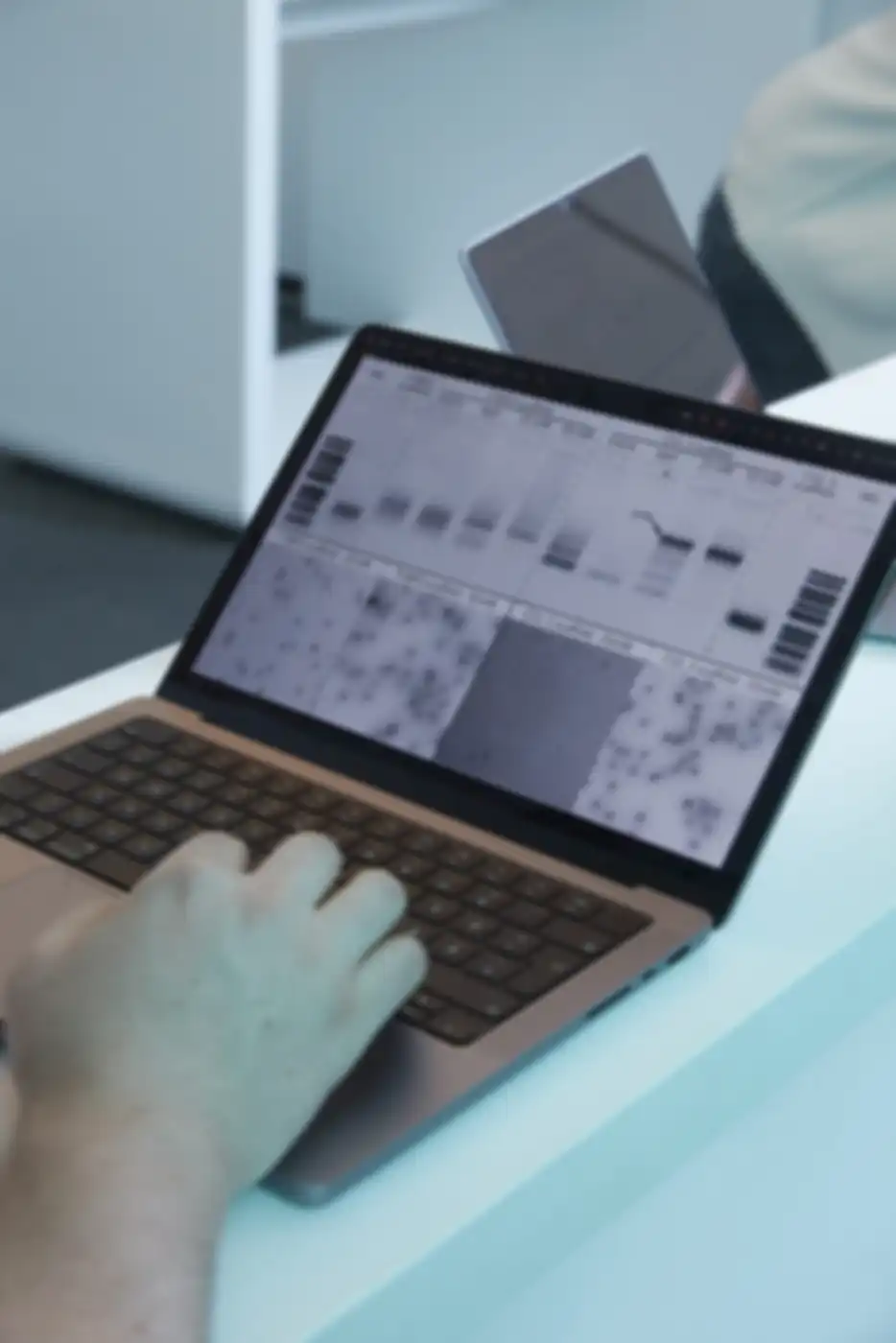
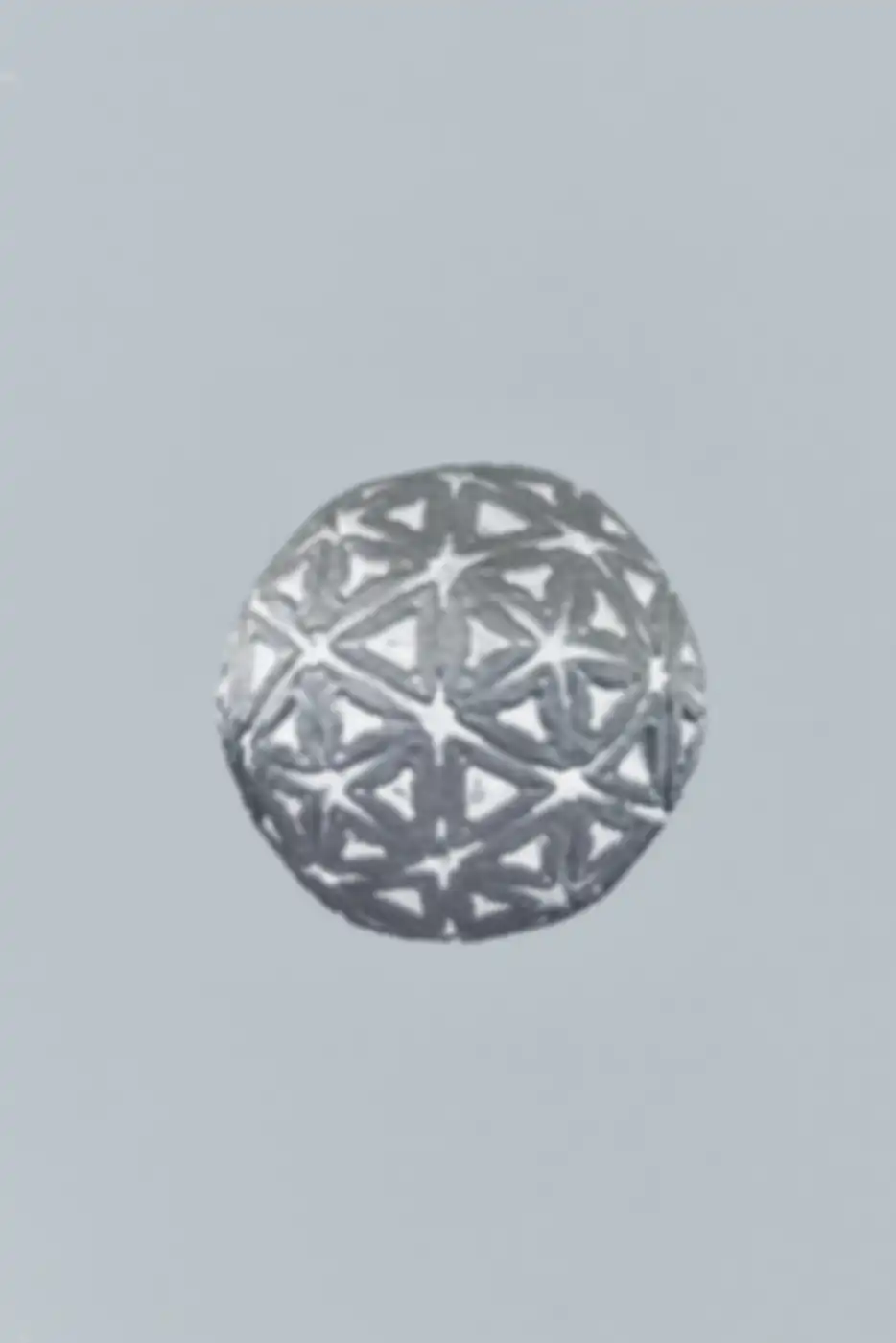

THIS IS WHY WE ARE COMMITTED Because it will enable us to take the lead in a future key technology in Germany. Because the potential is huge and substantive. Because we want to ignite an industrial revolution at the nano level with DNA origami. Because CPTx offers an antiviral agent with broad-spectrum effect, and it is high time for an effective agent against viruses. Because CPTx could be as effective against viral diseases as penicillin is against bacterial infections. Because we never want to experience another pandemic. Because viruses should be quarantined in the future, not people.
WHAT WE DO Create a company from a research project. Make the project marketable. Enable partner contacts from SPRIND’s extensive network of experts and inspire the best minds for the project. Concretize the development steps over five years.
THIS IS THE POTENTIAL WE SEE The real development of the nano range. A transformation for the health care system. Overall improvement in the world.
More about CPTx: www.cptx.bio




